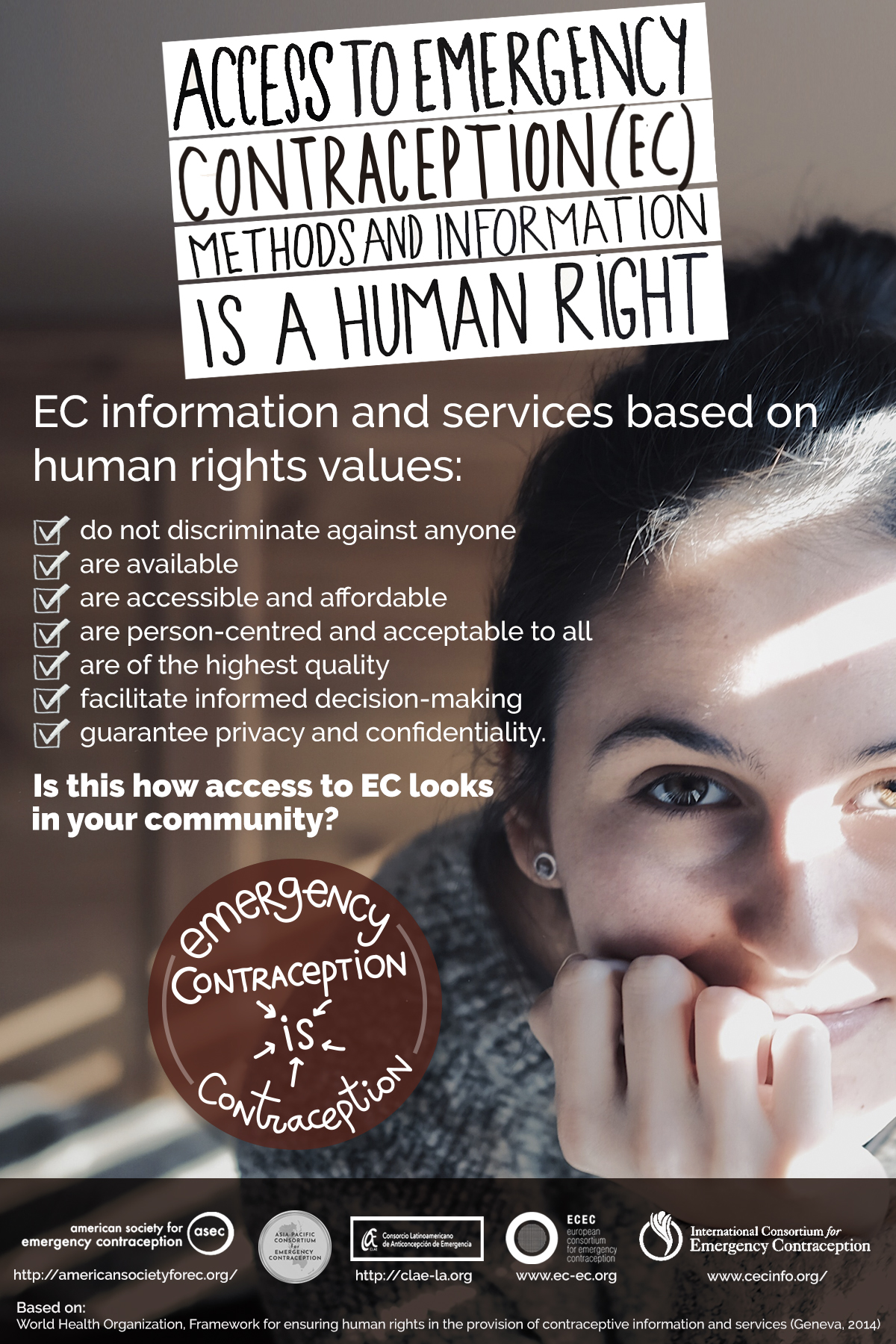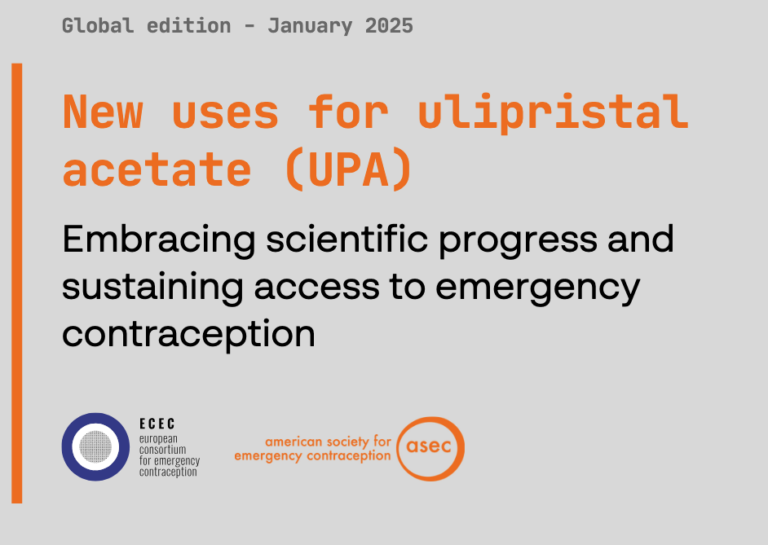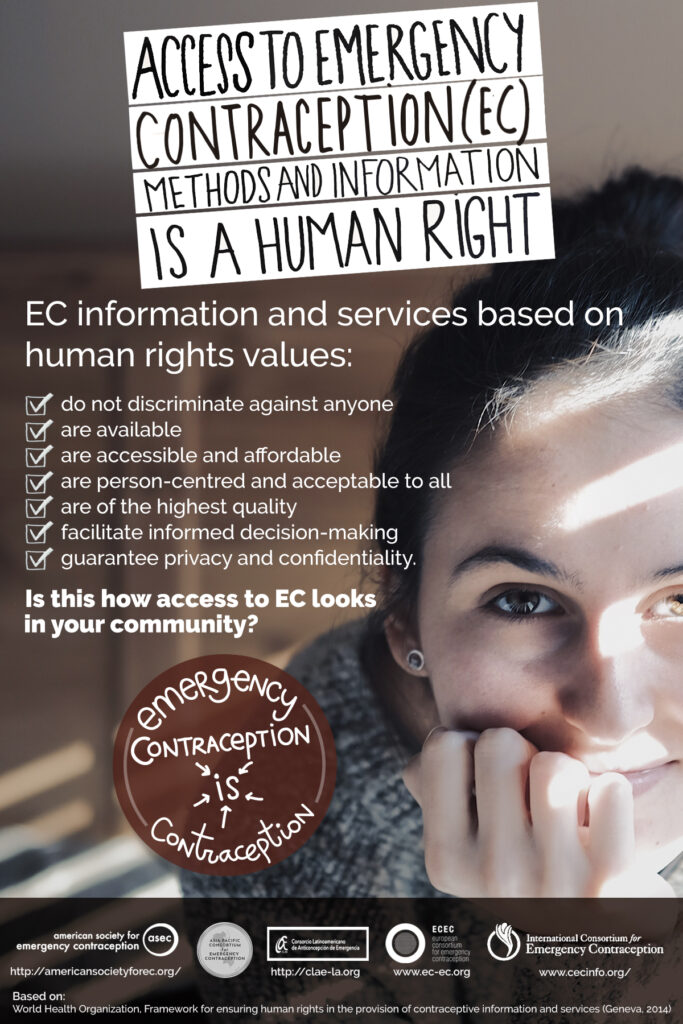
Similar Posts
Launch of bpas campaign for affordable, accessible EC
The British Pregnancy Advisory Service (bpas) recently launched a campaign in the UK calling for LNG EC to be made available directly on pharmacy shelves at an affordable price. Currently in the UK, women can only obtain EC from behind the pharmacy counter after a consultation with a pharmacist, and LNG EC costs up to £30,…
Spain: 10 years of prescription-free access to EC pills
October 2019. In Spain, LNG EC pills are sold without prescription since 2009, and UPA EC pills since early 2016. According to the news agency EFE, in this 10-year period, over 7 million units have been sold in the country. According to the General Council of Official Colleges of Pharmacists of Spain, pharmacists have a…
Contraception Atlas 2022
February 2022. On February 9th, the European Parliamentary Forum for Sexual & Reproductive Rights (EPF) launched the fifth edition of the European Contraception Policies Atlas. Members of the European Parliament Sophie in ‘t Veld and Fred Matic, chaired the event. The Contraception Atlas scores 46 countries on access to online information about modern contraception, and…
Debate over LNG EC status continues in Germany
The German Bundesrat, the legislative body that represents the sixteen Länder (federal states) at the federal level, recently voted in favor of a resolution to remove the prescription-only status of LNG emergency contraception (EC). The resolution now goes to the Bundestag, the constitutional and legislative body, for a vote next January. If approved, women would no…
Two videos on EC mode of action
ECEC has recently become aware of two great videos that detail EC’s mode of action. The first one, released by HRA Pharma this year, can be found here. The second one, which was released by the Royal Women’s Hospital in Australia and is designed to reach adolescents and girls, can be found here. Both of…

Ulipristal acetate: understanding its uses for EC and beyond
January 2025. The findings of a proof-of-concept study investigating use of ulipristal acetate (UPA) as part of an abortion regimen, have been published this week. UPA is the active ingredient in the newer generation of emergency contraception (EC) pills. The publication of this research may open a global debate about the development of new indications…
